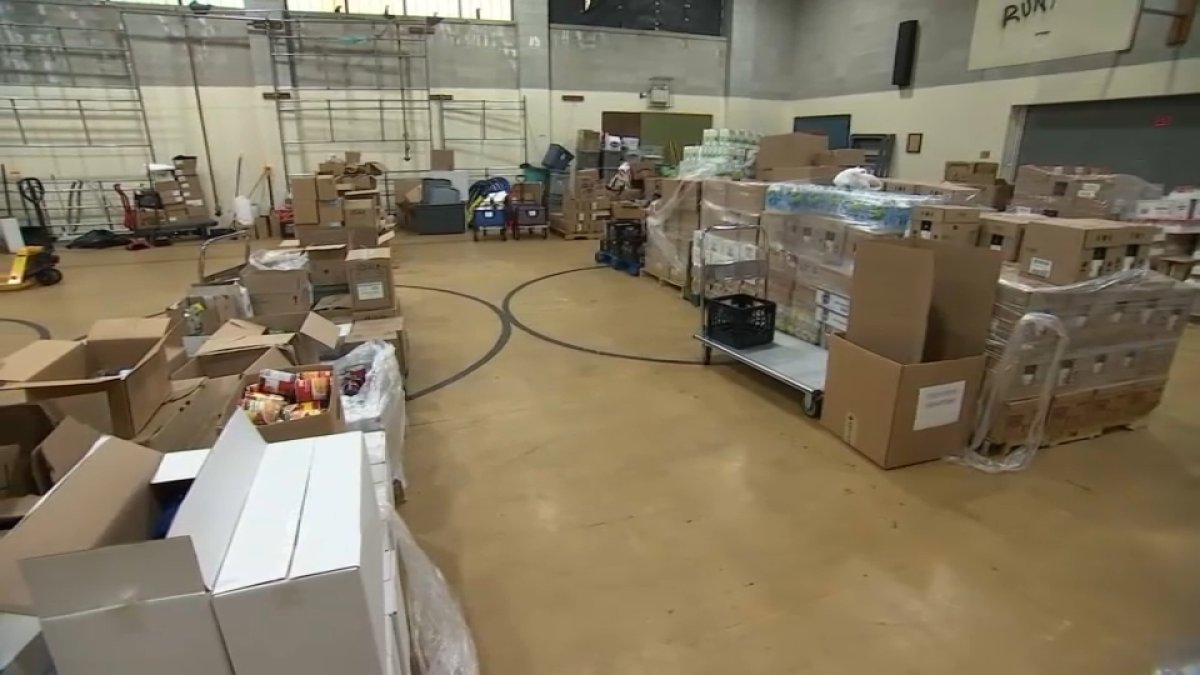
In the wake of a historic lack of nurses and assistants, America’s nursing homes have been pressured to get innovative when it comes to hiring, scheduling and retaining workers.
Now several are pushing lawmakers and state regulatory companies to answer to the ongoing workforce disaster with a comparable openness, a person that in some methods reenvisions the sector’s qualified landscape.
Rising is a patchwork of new-to-proficient nursing positions that vary from condition-to-condition, with some created to catch the attention of a contemporary crop of entry-degree employees, and some others built to enable vendors focus on ever more intricate client populations when also enticing employees to keep on being in the discipline.
Non permanent nurse aides in 18 states will be permitted to proceed to function under federal waivers by means of the close of the community well being unexpected emergency. Some states have previously designed a point out degree alternate in the type of individual care attendants, and proficient nursing treatment experts are now authorized in some 38 states. Significantly, nursing properties are bringing in behavioral well being experts, way too.
Though it is unclear how these kinds of roles will healthy into any least staffing specifications proposed by federal regulators, people today filling these positions are previously making a variation in their employers’ skill to offer high-quality treatment and continue to keep their doorways open. That’s a factor condition and federal rule makers ought to take into account as they evaluation new requests from providers, many providers explained.
“Those sorts of things will be actually beneficial to the marketplace,” Ciena Health care Senior Vice President Amy La Fleur explained to McKnight’s Prolonged-Time period Care Information. “When you dovetail it with some of the profession paths and some of the workforce grants out there, it provides us a quite robust set of choices for men and women that are contemplating coming into lengthy-expression care.”
And the sector even now terribly needs far more individuals — possibly even these who’ve in no way regarded as a work in health care — to stroll by means of their doors. In a February report, the American Well being Treatment Affiliation said a significant impediment in filling the 210,000 work vacated as a result of December 2022 is a deficiency of interested or experienced candidates.
Florida produced its own care attendant system as a non permanent COVID-19 patch, but following original accomplishment, the point out legislature created it long term in 2021. State competent nursing facilities have put countless numbers of frontline workers by way of the application. At least 3,000 have gone on to website for the certified nursing assistant exam, with about three-quarters passing, in accordance to the Florida Wellbeing Care Association.
Just as essential as the quantities, says Senior Vice President of Quality Affairs Deborah Franklin, are the sorts of individuals who have used for these really arms-on, essential roles considering the fact that they ended up to start with made beneath emergency ailments.
“All these men and women who’d by no means considered about health care, due to the fact they needed a occupation, they noticed the adverts for the PCA and answered it,” Franklin informed McKnight’s. “They identified out they cherished health care. Now they’ve enrolled in nursing school. We have just retained listening to around and more than once again these wonderful stories.”
Franklin considers it a “wonderful, unintended consequence” that by creating the application permanent, lawmakers fundamentally developed an apprenticeship that permits employees to sit by means of eight several hours of classroom schooling and competency testing then get instant, daily exposure to the experienced nursing setting without having paying thousands on a non-public certification study course.
“This eliminated individuals limitations for people who didn’t have the cash or the signifies to get to CNA university,” she said.
Med techs moving forward
Tackling a perceived incapability to move up is a significant difference-maker for those people who perspective CNA function as a lifeless-end task.
Robert Vande Merwe, government director of the Idaho Wellbeing Care Affiliation, has used 15 a long time making an attempt to encourage a variety of condition companies to clear away hurdles to presenting medication technician positions in nursing properties. A monthly bill permitting amenities to provide the education desired for CNAs to get the med tech exam was predicted to go the legislature this spring.
Vande Merwe expects just about every of the state’s 80 nursing residences may employ the service of only a single tech, but that would have a ripple effect.
“This provides CNAs a accurate ladder. Sometimes, it’s seriously really hard to see: What is the future phase? Be a shift supervisor? We’re attempting to locate other intermediate steps for them. I assume this will assist us uncover much more CNAs far too, to aid them see their options.”
Med techs have found reliable footing in several nursing households nationwide, and far more states appear poised to approve them. La Fleur was hoping Michigan would go legislation very last session, but it died in the lame duck interval.
“We ended up completely ready to wrap up acquiring our temp nurse aides tested and skilled and then immediately move into medication assistant coaching, but now we’re on keep,” she mentioned.
That was a defeat mainly because operators want the support, but also since some CNAs may well reduce interest while awaiting entry into that chance. Med techs, tasked with passing non-hazardous meds that really don’t need to have an evaluation or a nurse’s evaluation, earned an ordinary of $18.27 hourly, vs. $16.87 for CNAs, in accordance to the 2022-23 Nursing Dwelling Wage & Gains Report.
The future frontier?
Companies in a number of states also are hunting at how they may possibly incorporate behavioral wellness techs, or mental wellness specialists, into their workforce.
These techs can be CNAs with innovative instruction or maintain a standalone certification, which several now use to operate in very similar medical center roles. In either situation, they are prepared to support produce treatment designs for, and be certain every day interactions align with, procedure for people with psychiatric or psychological desires. They also are skilled to de-escalate problematic behaviors and can detect individuals for medicine reductions.
Given a Centers for Medicare & Medicaid Providers press to accommodate more skilled nursing patients with behavioral diagnoses and material abuse diseases, selecting much more behavioral health and fitness workers helps make ideal perception to providers like Amina Dubuisson, DNP, vice president of clinical providers at Florida’s Ventura Products and services.
Dubuisson lately hired two behavioral wellness techs for a single of the chain’s 12 proficient nursing facilities. She’s began with structures with the best focus of relatively youthful, ambulatory patients with sizeable behavioral diagnoses these kinds of as bipolar condition or significant melancholy.
“Those services have a greater fee of return to healthcare facility and also, they are working with psychotropics,” Dubuisson claimed. “And we know there is far more in treating individuals with psychological ailments than just prescription drugs … so in an energy to try and do that, we’re going to use these psychological techs.”
Beneath Florida’s minimum amount staffing rule, revised previous 12 months, nursing homes can include things like providers delivered by behavioral techs in a adaptable group calling for .6 several hours every day of any arms-on care.
In a shorter time, she has already found the way the extra job can help reduce other team. Just as PCAs guidance CNAs and med techs decrease load on licensed nurses, behavioral wellbeing techs minimize aides and nurses from time put in on controlling behaviors — and they give behavioral patients a devoted source to assist handle their problem and liaison with households and other users of the care staff.
She hopes to inevitably progress present CNAs into behavioral roles through in-home instruction.
“They’ve been in the developing. They know the inhabitants. They know the long-expression treatment setting,” Dubuisson reported. “And it will be one more enthusiasm on the profession ladder for them, and I imagine as much as choosing, we’ll possibly have a increased possibility of retaining our possess workers.






